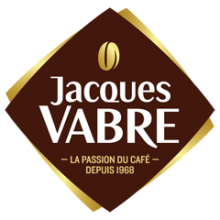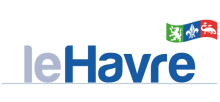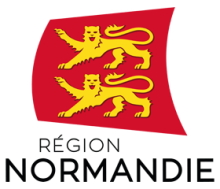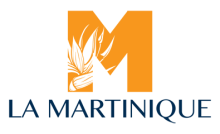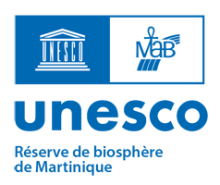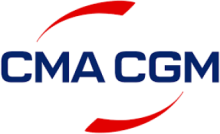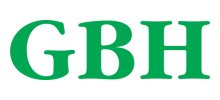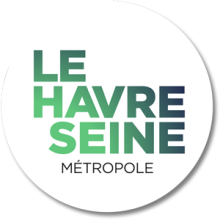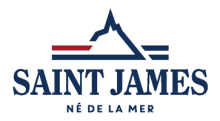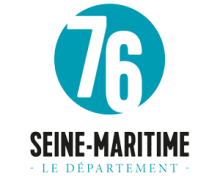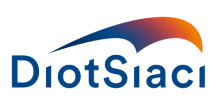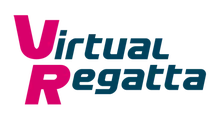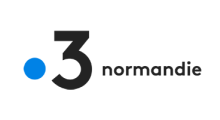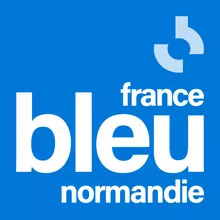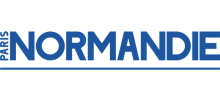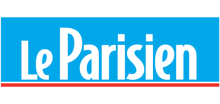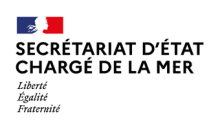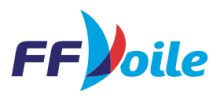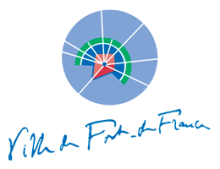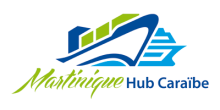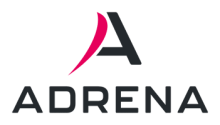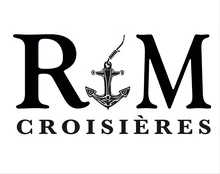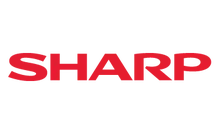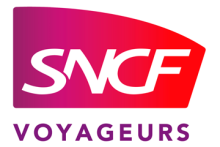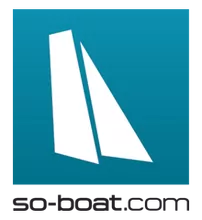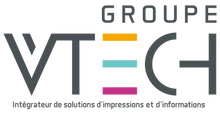Their elapsed time for the 3750 nautical mile course from Le Havre to Martinique is 11d 21h 32m 31s. Their average speed for the theoretical course is 13.17 knots. They actually sailed 5425 nautical miles at a speed of 19 knots.
From a record entry of 40 boats which started from Le Havre on Tuesday 7th November, French duo Ruyant and Lagravière retain the title they won together on the same race two years ago.
Ruyant, 42, who originates from Dunkirk has become known as the king of Transatlantic racing secures his third consecutive IMOCA victory after also winning the Route du Rhum solo race from Saint Malo to Guadeloupe one year ago.
Since the windy exit of The Channel after the start For People has been among the pacemakers at the head of what is the most competitive IMOCA fleet ever assembled. Whilst Swiss flagged Teamwork.net (Justine Mettraux and Julien Villion) led thanks to a brave break to the north, separating nearly 1000 miles from the main peloton, Ruyant and Lagravière took the lead four days ago in the fast downwind conditions, showing a consistent speed edge which has earned them a winning margin of some 55 miles.
This is Ruyant’s sixth Transatlantic race victory since the ocean racing bug bit him more than 20 years ago when he restored a Mini 650 which he found in a car park in Dunkirk. His first major success was the Mini Transat in 2009 which was followed by the solo Route du Rhum in 2010 on a Class40. The Transat AG2R 2018 in the Figaro 2 was his third victory, the prelude to his three IMOCA successes.
Though he was one the two pacemakers early in the Indian Ocean on the last Vendée Globe Ruyant’s race was severely compromised by losing his port foil. He fought on to take fifth, his race inspiring his sponsors and his group of business supporters in his native north of France to very quickly decide to build him a new IMOCA.
In choosing a new design partnership, architect-skipper Antoine Koch collaborating with the Finot Conq, Ruyant’s racing stable TR Racing have clearly developed a very fast design in For People, the near identical sistership Paprec Arkéa being set to take second place in the hands of Yoann Richomme and Yann Eliès. Theirs has been the quickest boat in the downwind trade winds conditions. TR Racing welcomed the integration of Brit Sam Goodchild in February this year, his sponsors Leyton and Ruyant’s Advens joining forces. Goodchild sails Ruyant’s 2021 race winning boat with the designer of the top two boats Antoine Koch and is on course to take third.
Goodchild observed a few days ago, “Thomas is just great on these Transatlantics, it is no coincidence that he has won them all, the Mini, Class40, the AG2R, he knows how to push this boat well and designed it with Antoine, so they know what they have and it was built to improve on the weaknesses of this boat. They are a very good duo and Morgan really knows how to make the boat go fast. So they have experience, talent and a good boat. They have the deadly combo of all three!”
First words from Thomas Ruyant and Morgan Lagravière (For People) on the pontoon
Thomas Ruyant: "In July, we damaged our boat and weren’t sure whether we would be able to compete. It’s thanks to the team that we could and got here to Fort-de-France. It’s nice to see Sam (Goodchild) coming soon, fighting for second place. I could not have anyone better with me than Morgan.
We take part in these races for the emotional aspect, which is more important than the result itself. We do it for the pleasure and give it our all. There are many choices to make in a project like this. Many are taken by the team or by Morgan or by others."
"The Northern option? We had been looking at it, but no one felt like going up there as it was going to be hard. We preferred the South. The speeds are often under-estimated, but we were fast in the South. When Teamwork moved to the North, we thought we needed to watch them. At one point they were a day ahead of us. A good attempt from them and they may have been quicker than if they had gone south. Well done. It was great to see someone go for it."
Thomas Ruyant: "There are 40 IMOCAs in the fleet so a great battle. There are battles at every level. I don’t want to go any other class, as it’s here that you see such a competition. I’ll continue to race on an IMOCA.
We didn’t have any major problems. Just a few minor things.
Not all the new boats are the same in terms of difference in speed. Even if some are much faster. Having said that, my old boat is fighting hard for second place and will finish just 4-5 hours after us. Antoine Koch spent a lot of energy coming up with this boat. We sailed together and discussed things with him. He is a huge talent. Today, there are more designers, which is a good thing.
It was intense throughout. You don’t win races like this without keeping at it. The whistling noise of the foil is painful. But the fact that it is hard is what attracts us. The Vendée Globe is a different race, even if I have a good boat and a good team. We don’t know what will happen in that race, but of course, it is a goal for us.
I’m pleased my old boat is in Sam’s hands. We sailed a lot against each other as a team.
That makes a lot of difference.
Press conference:
Thomas Ruyant: An hour ago there was the whistling in our ears at high speed. The transition is quite something, but it’s nice to have finished. You can see victory is close, but you have to keep going, even if 100 miles ahead. That’s how we work all the time.
Morgan Lagravière: The noise is unbearable. We have ear plugs in all the time, but it will take a few days to get over it. But this boat offers a huge pleasure and performs so well. We tried to find the right settings and adjustments to get the most out of her. We continue to discover her. The designers and team did so much work to come up with what is a revolutionary boat. That is exactly the term I would use.
We won two years ago, but this was with a new boat, so a new chapter. It was another opportunity to share this experience with Thomas. We get on well together and complement each other well. Winning is the mathematical result of all that.
Thomas Ruyant: Spending ten days like this isn’t that simple. There are times when it is hard to get ahead. There is the adrenalin and the emotion on crossing the line. We have an exceptional boat, we are a great pair and we have a fantastic team. All of that together lies behind the victory.
There are a few moments I won’t forget. Five days into the race, we were worn out after a tough start to the race with a front and a ridge of high pressure. We were in the Canaries. We looked at each other and said we were sailing the fastest monohull in the world and we were so lucky to have that opportunity. That’s when things really fell into place between us.
The preparation began at the start of the year. Then, mid season we suffered damage and didn’t know whether we would be able to repair. The team did what was necessary. It meant that in the second part of the season we didn’t sail much together, but we had already seen the potential of the boat. Morgan probably spent more time at the helm than me.
Morgan Lagravière: I think we spent more time at the helm than the other boats. Our boat was good for that. You feel the boat when at the helm. Some of the others can’t really spend time at the helm as their boat isn’t designed for that.
At one point we found ourselves alongside Paprec Arkéa. That was a key moment, because it spurred us on to push harder. They made a small mistake and that’s when we got away. We saw that at the helm we could gain a real advantage, so that’s why we spend so much time at the helm.
Thomas Ruyant: It’s different when sailing solo, as you need the right adjustment of the autopilot. The way you work as a duo is not something you can do sailing solo. You have to find a different rhythm and manage your rest and work.
Once Teamwork had moved off to the North, we couldn’t do anything about it. We were tempted to see how it was going, but remained focused on our own option. They did well. I thought they could get ahead of us. We had more wind than forecast and were faster than in the routing.















